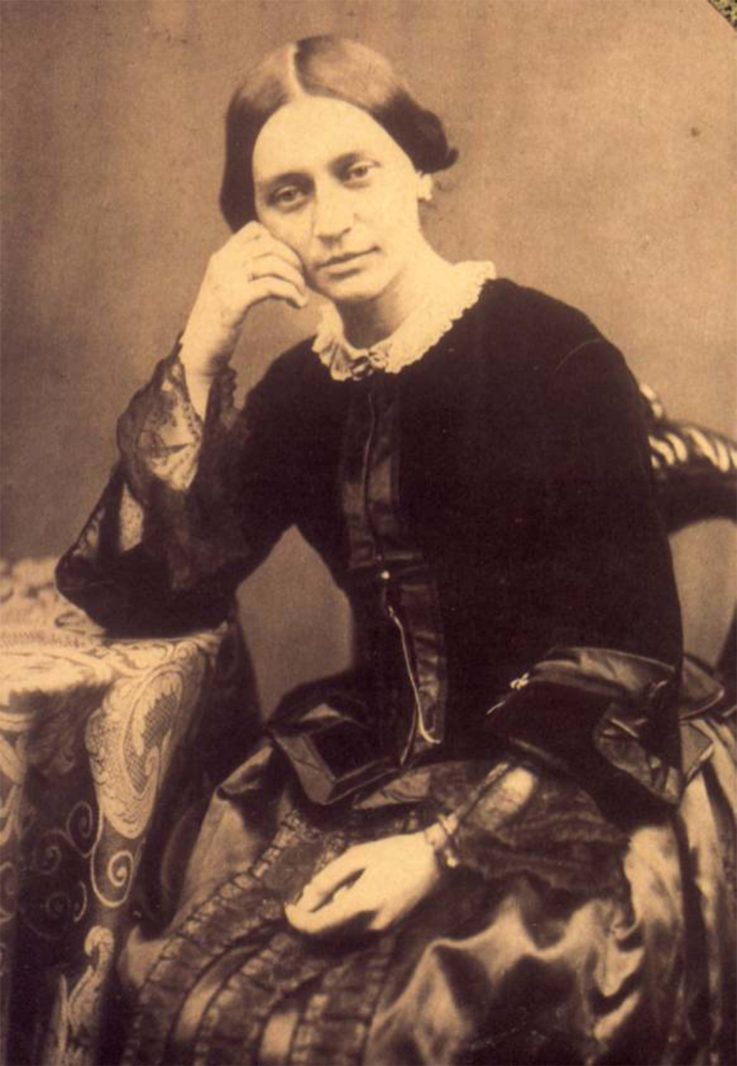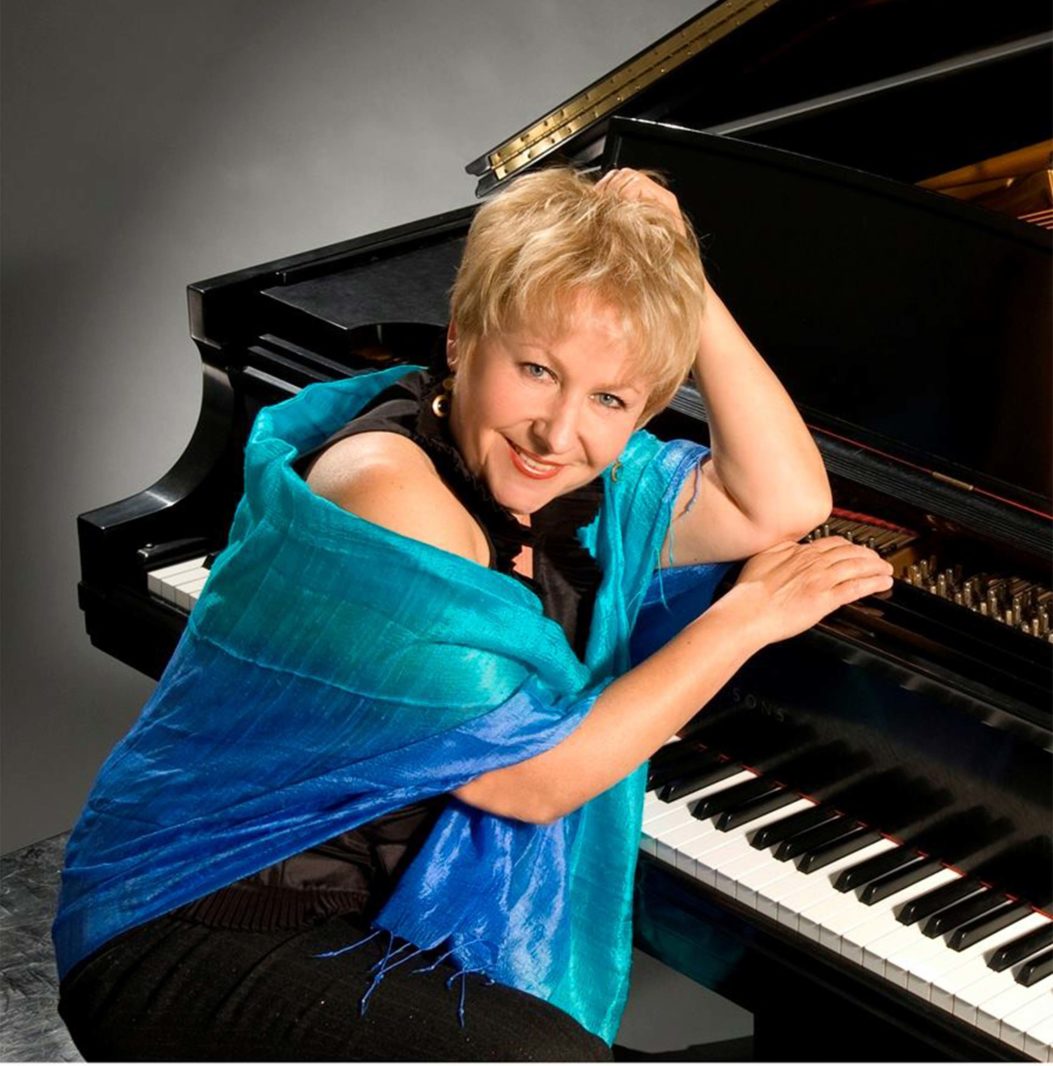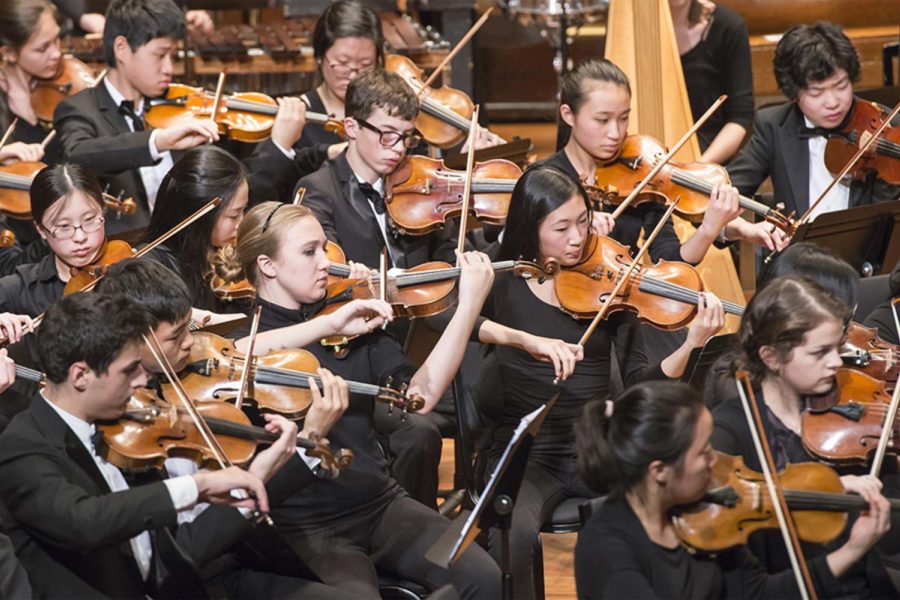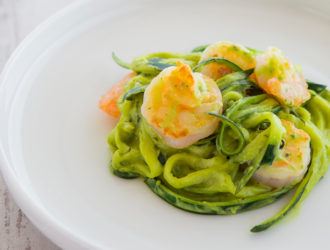Household breadwinner, celebrated professional, working mother of eight. Sounds like a 21st-century woman with a can-do, will-do spirit.
Do you know her? Russian pianist, teacher and current chair of New England Conservatory’s Piano Ensemble Department Tatyana Dudochkin does, though she argues that most of us do not … yet. She plans to change that.
“This year is the 200th birthday of Clara Schumann,” says Dudochkin of the female, 19th-century composer and one of the most celebrated pianists in German history. Thanks to Dudochkin, Boston audiences can experience Schumann’s talent at a Sunday afternoon concert, Oct. 13, at NEC’s magnificent Jordan Hall.

Photo: Wikimedia Commons
1853 photo of Clara Schumann
The concert features a sweeping presentation of Clara Schumann’s works. Dudochkin will utilize a variety of styles of music, including pieces for violin, harp and piano, chorus compositions and a concerto, all from Schumann’s compositional repertoire.
Clara Schumann was exceptionally popular in her lifetime, and she used that popularity to promote other musicians. “She very much popularized her husband,” says Dudochkin. “I think that we would not know Robert Schumann [today] if it weren’t for Clara.”
For a time, Johannes Brahms lived with the couple, as well, and Clara did substantial work in promoting his career. Rarely is there a symphony performance that doesn’t include Brahms’ work. Imagine if it was that way with Clara?
Clara and Robert were married for 16 years before he died. All the while Clara worked creating and playing music, she produced eight children. This was in an age when there was no maternity leave, no pumping stations, no postpartum counseling and no sympathy.
Robert was evidently quite jealous of her success, but there was really no way for him to avoid his wife’s prowess.

Photo courtesy of NEC
Tatyana Dudochkin leads this NEC concert celebrating female composer and pianist Clara Schumann.
Today, Dudochkin is eager to promote Clara’s extraordinary talent. In fact, she has been celebrating musicians with special anniversary concert events for 28 years. Of the concerts she’s performed since 1991, she has only worked with the music of one other female composer. She says that’s because of the scarcity of women composers in music history.
“It was the world of men. Men were leading everything,” she says. Still today, classical music is a genre and a field where women are only now starting the crack the glass ceiling.
“Women do it differently,” she says. “[Clara] has her own language, a romantic, beautiful language of music.”



 2 min read
2 min read



